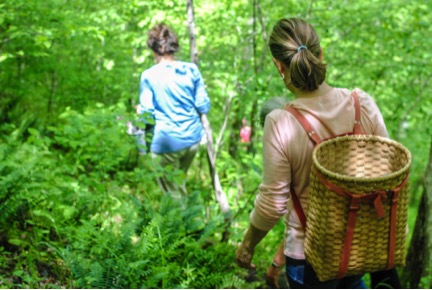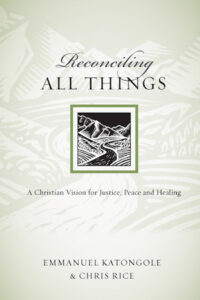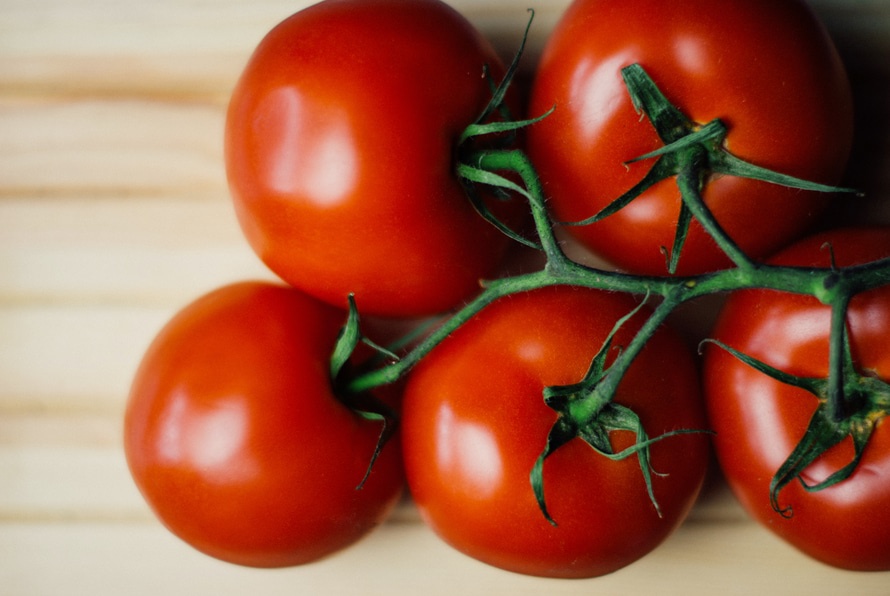
As a college student who spends eight months of the year roughly 700 miles away from home, I treasure summer mainly for the opportunity it allows me to spend an extended period of time in my beloved home of Jacksonville, Florida. For me, home is a place of comfort, rest, and security. Home contains sweet memories of the past and an assurance of security and stability in the future. Home is my anchor in the world. Besides my three years at UVA, I have lived all of my (almost) 21 years in Jacksonville, and 18 of those in the same house. To say that I have strong ties to this place is an understatement. So when the opportunity to spend another summer at home, this time working with an urban youth ministry, arose, I excitedly signed on to work with a group of inner-city kids I hadn’t even met yet, not really knowing what to expect but hopefully anticipating the adventures ahead. The internship through Project on Lived Theology checked all the boxes of an appealing summer gig: hanging out with kids, learning about urban ministry first hand, reading cool stuff with an awesome professor, and spending the summer at home with my family.
As excited as I was (and still am) to be home, I suspected the emotional, familial, and material comfort and safety provided by my home would create some tensions throughout the summer. The most obvious manifestations of the inevitable dissonance were geographic and material. The riverfront, all white, gated neighborhood in which I grew up and which I still call home is one of the many vestiges of the segregation that created and still undergirds most cities in the South to this day. Jacksonville is no exception. A city with a painful racial past, Jacksonville has yet to come to terms with what it looks like to reconcile long-standing racial, economic, and social differences. The people who benefit most from these differences, and thus those who stand to lose the most if things change, are the well-to-do white residents of Jacksonville who I have always called my neighbors, classmates, and friends, not to mention myself. This aspect of being home has not changed, but what has is my perspective on it. Instead of not having to think twice about the normalcy of my context, I now cannot drive through the gates to my yacht club home without the nagging pinprick reminders of the profound inequality represented by every aspect of where I come from.
The assurance of my physical comfort and safety acts as a buffer not only from the material inconveniences of the world, but the emotional and psychological ones as well. This safety has also become a source of discomfort throughout the past few weeks. As I finished up a particularly disheartening reading one evening, I really needed to clear my head. And so I did what I often do when I need to relieve stress: I went for a run. The sun had already set, so it was fairly dark, but I gave no thought to the time because my neighborhood poses no threat to my safety. It wasn’t until about halfway into my jog that I experienced the discomfort of the irony: even if I tried to jump the intellectual, emotional, and material hurdles necessary to identify myself with the poor and marginalized in this society, it is still all too easy for me to escape. That night, my escape was being able to go on a run without fear for my safety. My escape was being able to think about the parts of my life other than the internship in urban ministry that, realistically, only takes up a small portion of my daily existence at this point. My escape was, and will continue to be, my identity as an educated, white female. I do not want to hide behind fancy rhetoric about my white privilege that makes me sound more self-aware than I really am, but I do think identifying the ways that my identity provides me power and advantage is important. Acknowledging the implications of my place in society is a key step in the process of engaging in ministry with people whose experiences have been marred by the very structures that afford me these advantages.
So how do I acknowledge my safety and security, my privilege and power, in a way that respects the differences in experience between the kids I’m working with and myself, while not erecting an unnecessary barrier? That I still don’t know. I do not know how to react when the girls I’m driving home insist that we go to my house for a sleepover, knowing that they may not have ever been to my side of town before and unsure of what they will think of me when they see where I come from. I do not know how to handle the uncomfortable dissonance of doing my readings in my comfy bed or on my shaded porch, able to put down the horrifyingly unjust world that Pecola from The Bluest Eye inhabits and go for a walk by the river, or eat dinner with my family, or go for a swim.
I still love being home, and wouldn’t want to be anywhere else, but I’m realizing that the comfort I’ve always been able to wrap myself in is the cause of the most discomfort I will experience this summer. At this point, I think that the best way I know how to move forward is to move into the discomfort, not away from it. When differences arise, I know I need to investigate those with humility and grace, asking more questions rather than trying to provide answers. I want to listen to stories and soak in their meaning, like dry Florida grass soaking up the afternoon rain. I want to build relationships based not on outward similarities, but on the “common longing for supportive connections with others [that] reflects a spiritual aspect of our humanity” (Traci C. West, Disruptive Christian Ethics, 62). I’m here to listen, to learn, and to love past the discomfort and the self-consciousness. Tension means stretching, stretching means growing, and growing means living, the way we were designed to live.



 A Christian Vision for Justice, Peace, and Healing
A Christian Vision for Justice, Peace, and Healing In my first week at the Haven on Market Street in downtown Charlottesville while we prepared breakfast, one of the volunteers asked the kitchen supervisor if she should cut up the small tomatoes for the daily pan of cooked vegetables served at breakfast. The response was a resounding “Yes! Always cut the tomatoes.” It was a seemingly innocuous exchange between volunteer and manager, but the explanation was more profound. “I don’t know! A cut tomato shows a little bit more preparation and care than tossing them into the pan uncut.” The significance of such a statement was lost on me until I began to read through Ed Loring’s encounters with the homeless recounted in I Hear Hope Banging at My Back Door.
In my first week at the Haven on Market Street in downtown Charlottesville while we prepared breakfast, one of the volunteers asked the kitchen supervisor if she should cut up the small tomatoes for the daily pan of cooked vegetables served at breakfast. The response was a resounding “Yes! Always cut the tomatoes.” It was a seemingly innocuous exchange between volunteer and manager, but the explanation was more profound. “I don’t know! A cut tomato shows a little bit more preparation and care than tossing them into the pan uncut.” The significance of such a statement was lost on me until I began to read through Ed Loring’s encounters with the homeless recounted in I Hear Hope Banging at My Back Door.